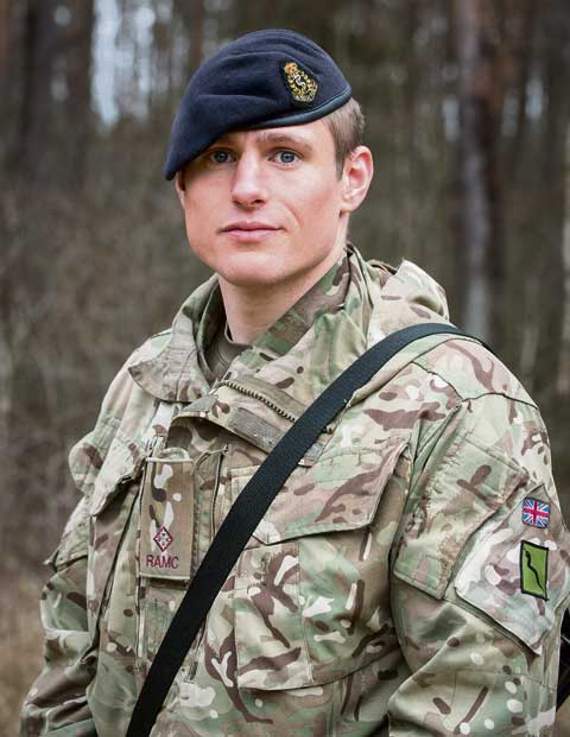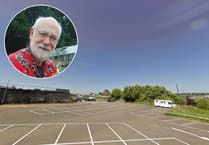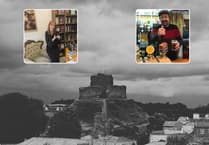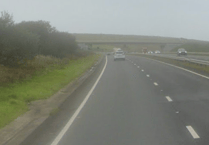A LAUNCESTON Second Lieutenant, Liam Yeo (24), took on one of the US Army’s toughest tests last week in Grafenwöhr, Germany where the 212 Combat Support Hospital of 30 Medical Brigade, hosted the US Army Expert Field Medical Badge (EFMB) competition.
Unfortunately Liam did not pass all 42 tests to earn the Expert Field Medical Badge — out of 215 candidates that took part, only 64 managed to pass this year. Only a very small number of candidates ever pass the tests at their first attempt, and this was Liam’s first attempt.
Liam is currently serving with the 1 Armoured Medical Regiment in Paderborn, Germany. He received his commission as officer of the British Army in April 2016 and is working as Medical Support Officer. He is an armoured medical troop commander that facilitates and administrates a troop of medical personnel operating out of AFV 432 Bulldog Armoured Vehicles.
Liam was one of 215 candidates from 11 countries that were striving for the prestigious Expert Field Medical Badge.
Liam had to demonstrate exceptional competence and outstanding performance during the gruelling 120-hour testing event where his capability as a soldier was scrutinised just as closely as his health professional role.
Discussing the challenge, Liam said: “The tests are a combination of expert medical skills and also field warrior skills, typical military skills that you are expected to perform. Striking the balance is actually quite a challenge.”
During testing, candidates were required to exhibit superior physical fitness and mental clarity when faced with life-or-death situations. The testing included a written exam, combat testing lanes, daytime and night-time, land navigation, and a 12-mile road march.
Three testing lanes required soldiers to complete 42 tasks from four categories: tactical combat casualty care, evacuation, communication and warrior skills. An evaluator shadowed each candidate, judging their reactions and their performance of each task without giving any feedback.
With only a 10-20% pass rate, the Expert Field Medical Badge is of the most prestigious and coveted awards a medical professional can obtain in the Army. It is a symbol of excellence, an outward sign of technical and tactical proficiency. Simply performing steps in the wrong order, forgetting to check a pulse or not marking a T on a casualty’s forehead after applying a tourniquet will cause a soldier to fail a task. Soldiers who fail a certain number of tasks from any category are eliminated immediately.
Second Lieutenant Yeo felt grateful to have the opportunity to prove himself and to match the American standard, saying: “For me it’s important to understand how our partner nations operate, especially in a medical context.”
Challenges for him have been the use of American equipment he had never used before, this includded weapons as well as radios and their field ambulance. He also had to adapt his British combat skills to stand up to the meticulous attentive to detail American methods that have to be followed very strict to the book without room for individual decisions.
Having gone through the EFMB competition, Liam is very keen to attend again at the next opportunity that arises.





Comments
This article has no comments yet. Be the first to leave a comment.